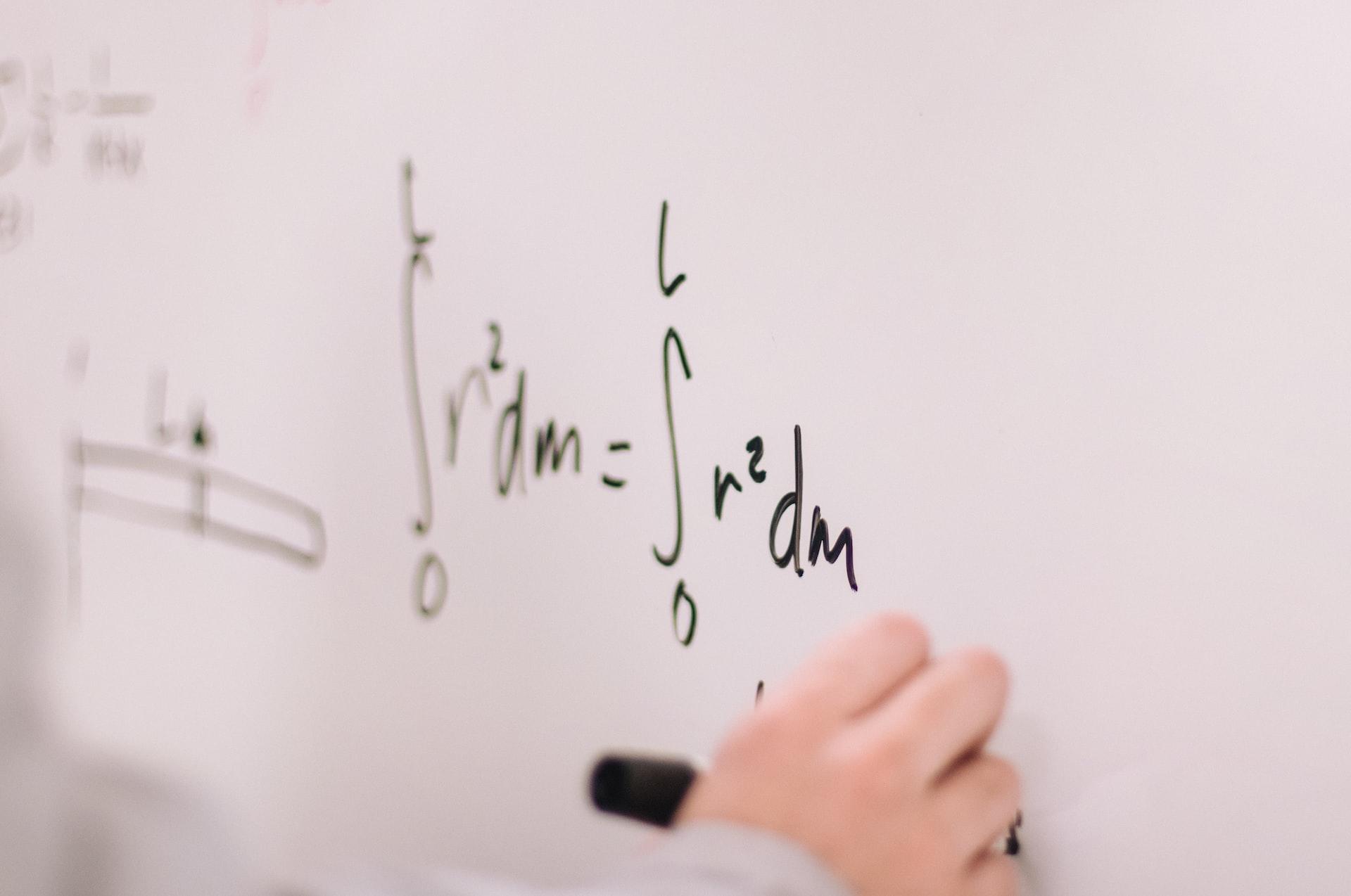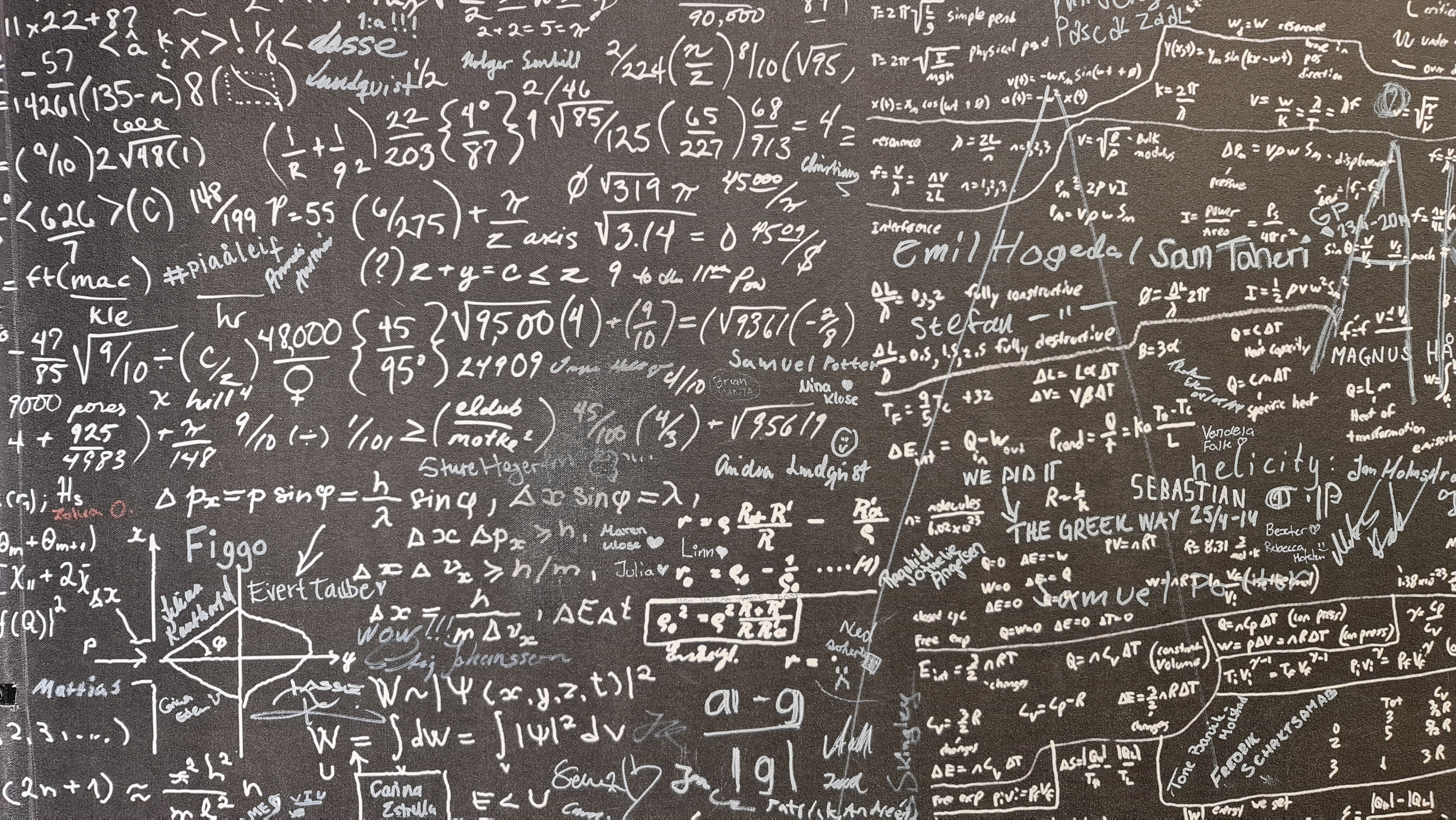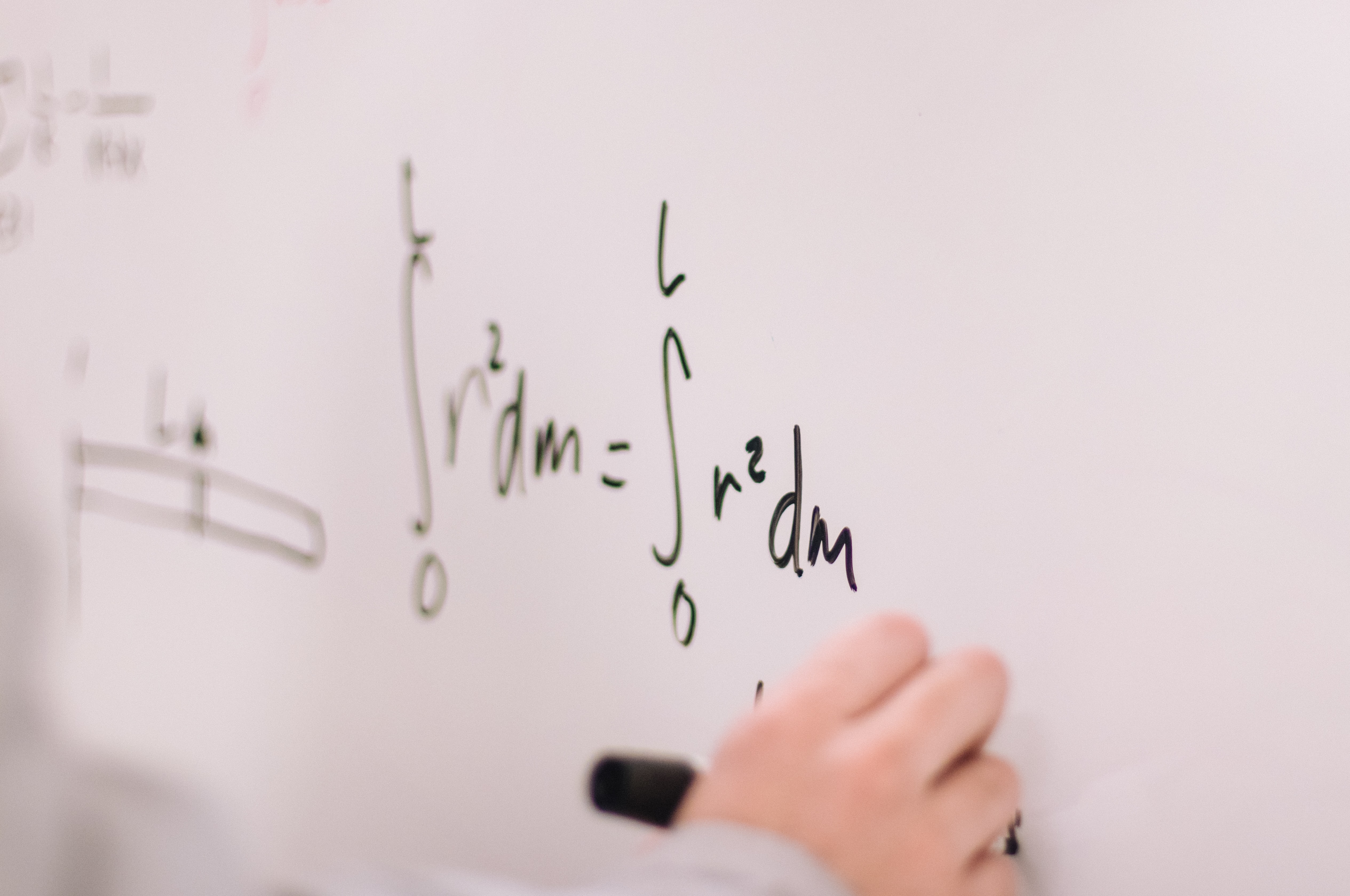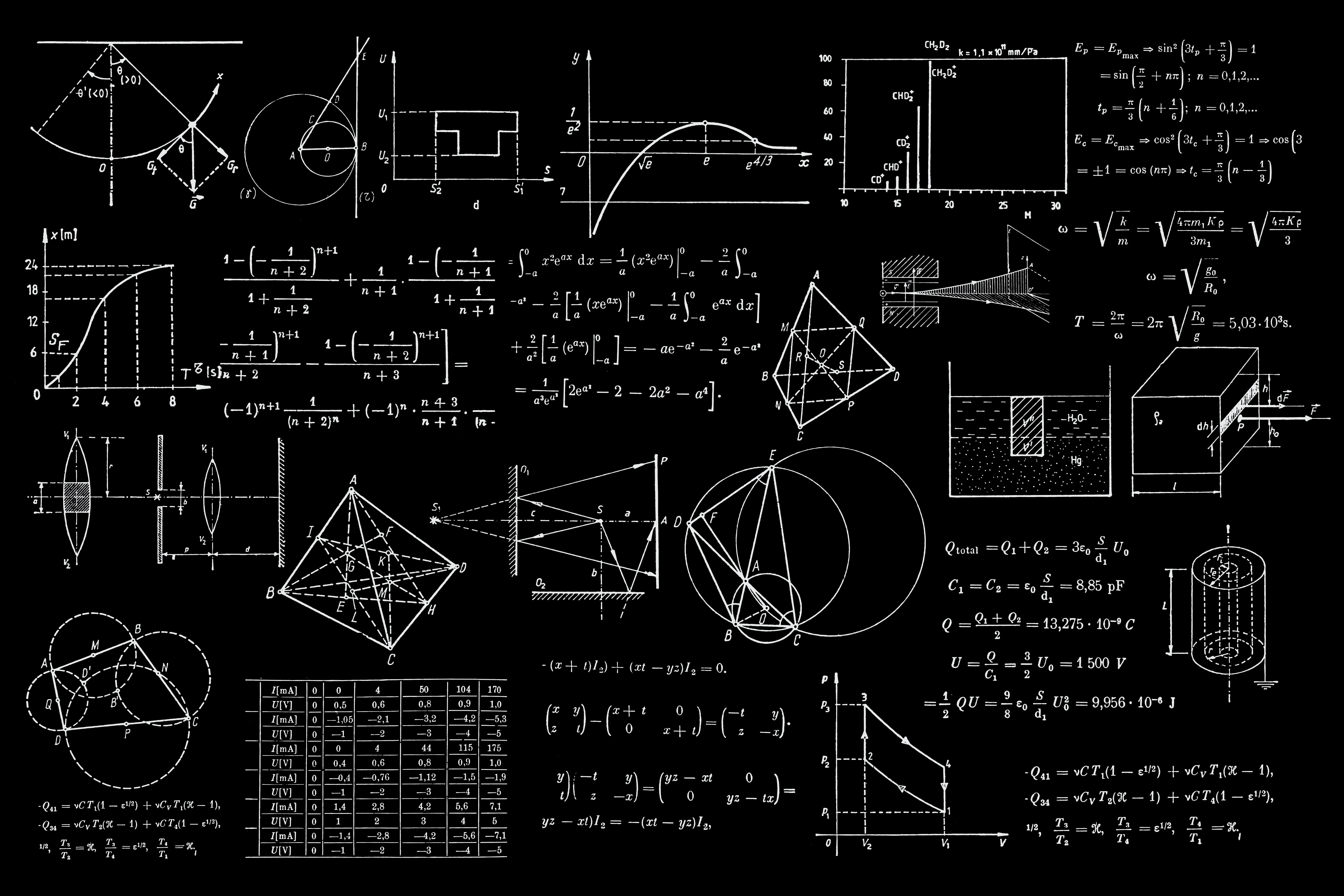Studying maths at any level, including university can be a challenge. Around the world, studies estimate that 40% of students are uncomfortable studying maths. Between two and eight per cent of pupils battle dyscalculia, dyslexia's maths counterpart.
Whether you're plagued or simply need to brush up on algebra or geometry, learning a few maths shortcuts can help boost your grades. For instance, before doing maths exercises, you should do a quick "brain update” to recall formulae and other mathematical theories. Practising mental arithmetic is a good idea to build this fluency.
If you find trigonometric functions, systems of equations, or calculus difficult, you will benefit from building calculating skills. If you had a few go-to strategies for getting better at maths, you'd feel less stressed ahead of your maths classes.
Today, Superprof presents tips and tricks for creating an effective mathematical revision programme. We'll also cover tips our maths tutoring professionals share with their students. It's time to sharpen your pencils and get ready to get good at maths!

Get Better at Maths With Mental Arithmetic
A lot of maths learning in school involves rote memorisation. To a point, such learning is essential. It's important to know the Pythagorean Theorem, Thales’ Theorem, and the difference between an isosceles and a right triangle. However, seldom does the standard maths class encourage practising mental arithmetic.
You might not think doing math in your head is as important as mastering scientific notation, calculating angles and solving geometric equations. It absolutely is, in more ways than one.
Being able to multiply, divide, add and subtract without a calculator, pencil or paper means you'll get through your maths homework much faster. More importantly, you build mental agility every time you exercise your brain in this fashion. Being quick of mind helps you in all areas of life, not just the classroom.
Imagine you're out shopping and you want to figure out if you're getting a good deal on a family-pack of Tim Tams. Mental math skills will allow you to quickly divide the package's weight by its price to get the unit cost. Compare that value to the standard package to find out if the bigger pack is the better deal.
For me, this skill came in handy during last year's egg price debacle. A 20-count flat of eggs costs over twice the price of two cartons of 10 eggs each. Standing by the display and marvelling at the (to me) obvious fallacy, I watched shoppers reaching for the flats instead of comparing prices. Sure, a flat of eggs is more convenient but it's not as economical as buying 2 cartons for roughly 13% less.
A calculator is a great tool, especially for working out complex algebraic or quadratic equations. But you can train your brain to work out proportionality to the point that doing maths in your head is a reflex - much like reaching for a calculator might be. Practising mental arithmetic will make you a savvy (egg) shopper rather than one who just grabs and goes.
This level of maths fluency will do wonders for your self-confidence, too. Learners who can't work out an equation in their head or on a scrap of paper often struggle in maths classes. With no mental arithmetic skills, these students tend to drag along as they solve quadratic equations and word problems. Even working with natural numbers, complex numbers and square roots causes them a great deal of stress.
You can lower your maths anxiety levels with daily mental arithmetic exercises. You don't need to solve polynomial or linear equations, just spend around 10 minutes a day giving your brain a workout.
You can start with multiplication (times) tables, square and cube roots, factoring, and powers. Once you have those down pat, you can work on simplifying numbers (rounding) and deconstructing and regrouping units. Convert percentages into decimals and then, turn them into fractions. You'll soon find yourself calculating faster in your head than with a calculator.
If you need assistance learning mathematics and arithmetic skills, you can find a maths tutor Melbourne on Superprof.
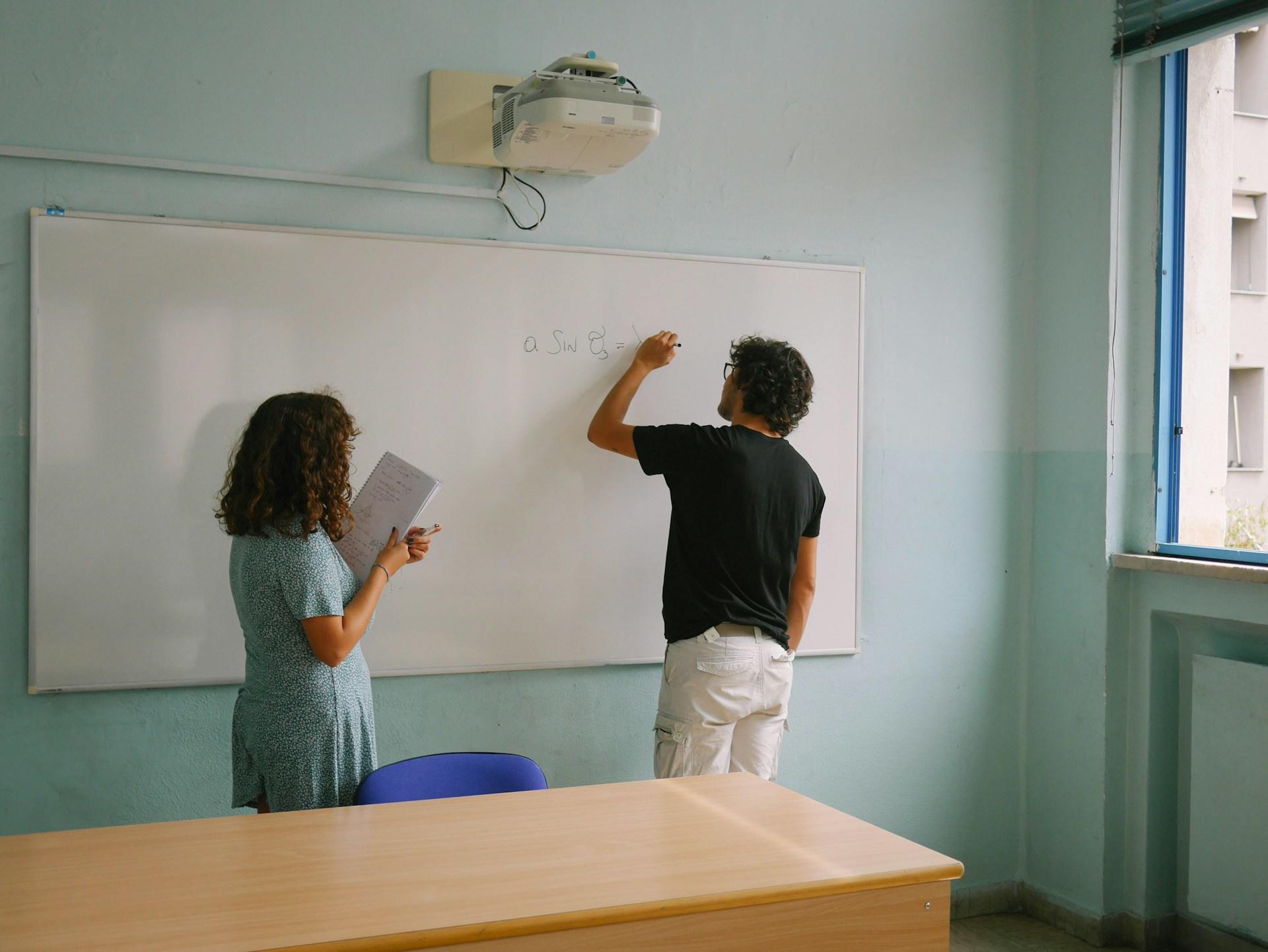
Get Better at Maths With Calculating Skills
Maths literacy is an essential life skill. Granted, you likely won't go around plying Euclidean geometry once you're out of school unless your career path calls for such. But maths will feature in every aspect of your life, from maintaining your household to trying a new recipe.
These days, the focus is on financial literacy. More specifically, the fact that university students wish they had learnt about it before heading to university. A shocking proportion of adults also lack financial literacy. That means everything from calculating interest on savings initiatives and loans to learning how to budget.
How does calculating quicker become life skill? Let's say your job offered you a raise. It sounds nice but how can you know if the percentage on offer is fair? Often, workers accept whatever the new wage is because they cannot calculate whether the rise is acceptable.
To prevent your future entrapment, master the basics of mental arithmetic: multiplying, dividing, adding and subtracting, and rounding. Practise your ratios and proportions, and going from fractions to decimals. Unless you need precise calculations - say, for a cabinet you're building or a new recipe, ditch the calculator.
You needn't worry about your basic math skills becoming a 'learn it and burn it' proposition. Maths isn't the type of information you master for a school-leaving exam, soon to be forgotten. Indeed, a study carried out in California established that the human brain has a storage capacity of around 1 petabyte (1,000GB). Once you master basic math skills, they're yours for life, along with all the benefits they bring.
Build up your maths skills with a maths tutor Perth!

How Much Time to Get Better at Maths?
Once you apply yourself to mental arithmetic, you'll find it takes no time at all to build speed and accuracy. Once you can blurt out what 5x5 is without a thinking and calculate 15% of your restaurant tab in your head, you may consider striving for higher levels of mental maths mastery.
How long that will take is a tricky question. The answer depends on your comfort level and dedication to your task. Some people need an incentive to continue plugging away at maths mastery while others soon discover how confident math fluency makes them feel. That gives them an incentive to carry on.
If you're a student, you might need regular maths lessons throughout the school year to attain maths mastery. Or you may only want intermittent tuition when the need arises. Say, to prepare for your exams.
Maths study demands a logical mind so it helps if you're well organised. If that's not you, you might rely on your tutor's methodology to help train your brain in this fashion. Your math tutor will likely present math puzzles and brain teasers to help you develop a mathematical mindset. This too will stick with you for life, much to your benefit.
Besides working with a private tutor, paying attention in class, being curious and asking questions are great ways to build your thinking skills. This strategy helps you organise your thinking which will lead to better maths results. How much time you need to get good at maths depends on how much work you put into your efforts. It also matters how diverse your efforts are.

10 Strategies for Getting Better at Maths
Mastering mental maths and building reading skills alongside math skills are two top strategies our tutors recommend. You're willing to put in the time and effort to attain that goal but in the meantime, you still have to get better marks in maths. Whether you’re in primary school, secondary school, sixth form, or university, these tips will help you improve your maths marks.
First, write everything by hand. Science has established the link between handwriting and building memory. The more you practise solving math problems by writing them manually, the more neural pathways your brain etches onto itself. And the more likely you'll be to remember maths' order of operations and how to do long division.
Likewise, illustrating problems and puzzles is great for rational thinking. As your hands manipulate the information, your visual cortex records both the action and the facts. This multi-level input system nudges your brain to consider information from different perspectives, giving you a better 'capture' of what you're working on.
You should always try to work in a calm environment. That doesn't mean you have to shut out all external noise; you may play music in the background as you work on your math skills. Indeed, that may lead you to maths mastery faster! Just make sure your electronic devices are in another room and you can work undisturbed.
Try to keep to a schedule. Revising when you're tired or hungry could affect your focus and reasoning. Dedicate a block of time to maths study when you're not likely to be in a negative state.
Finally, leave yourself plenty of time to relax between shutting the math books and getting to bed. Don't be so consumed with maths study that you fail to have time for yourself. You might, for example, enjoy reading about 10 maths tricks that they don’t teach you at school before drifting off.
Summarise with AI:




















